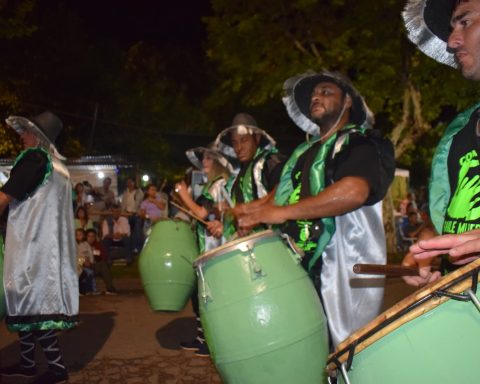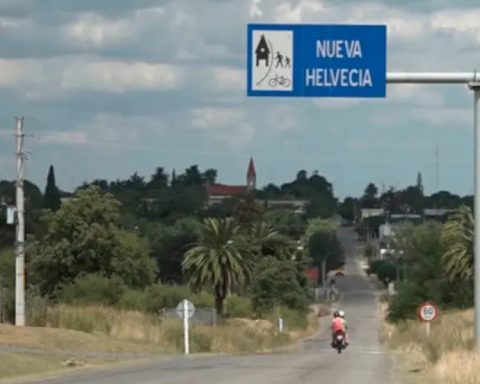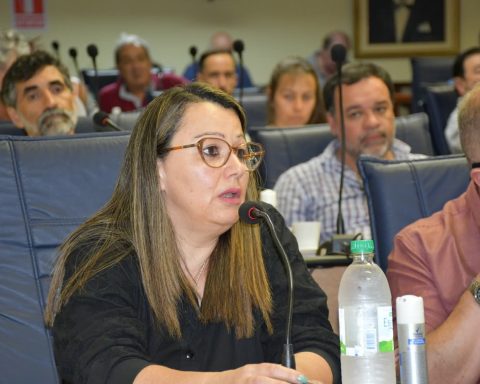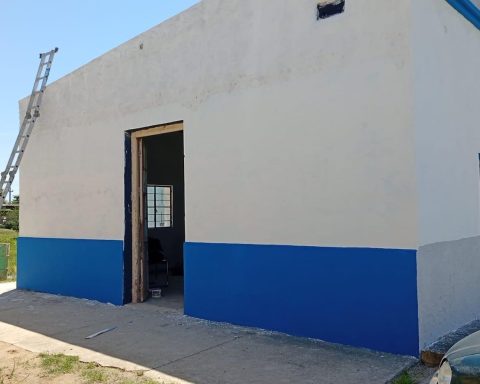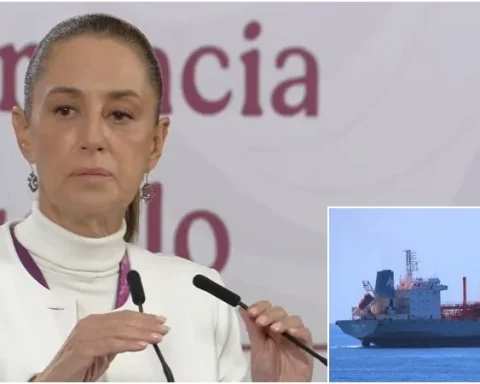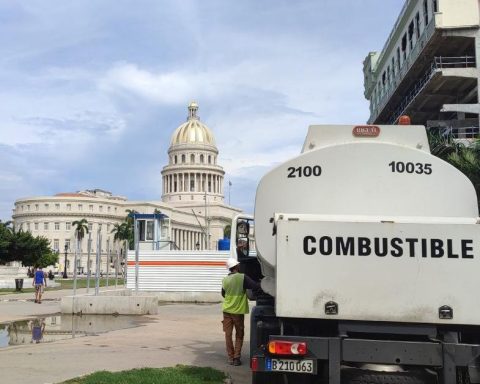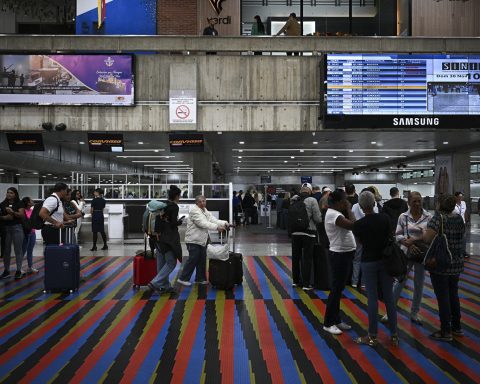frightful was the word used by the president of the Uruguayan Beekeeping Society (SAU), Gabriel Rodríguez, to define the last harvest of honey production.
As detailed to The Observer, the drought hit very hardwith a decrease in the number of kilos produced per hive, an adversity to which two other drawbacks are added: a plummeting price in an international market in which Uruguay places almost everything it produces and increasing costs due to having to resort to extra food so that the bees spend the proper way this winter.
“We are complicated, very complicated, we come from a very screwed up harvest, It is a year of very few kilos of honey and in some places there was even no harvestcosts rise and also the international market continues with bad news”, he reflected.

John Samuelle
Beehives on the edge of Route 2, in Soriano.
not half the kilos
In a year considered normal, the national production average is 30 to 35 kilos of honey per hive, but in the 2022/23 campaign the average –as long as the definitive data is available– will not reach 15 kilos.
There are beekeepers who will be below that, some will not even get a thousand and others who had better luck with the rain and food issue and you will have more kilos to better support the inconvenience.
For the majority of the producers, each harvest begins in spring and concludes around the end of summer, with some cases assuming additional costs to produce more and then moving the hives to the north to take advantage of the production in areas forested with eucalyptus and extend the harvest period.
The context
There are about 610 thousand beehives in Uruguay.
The active beekeepers are about 2,600.
From 85 to 90% of the honey produced is exported.
plummeting price
The international price “has plummeted”, he lamented. When the previous harvest took place, the price ranged from US$2.80 to US$3 per kilo, a value considered very good. That value was the one that reached the pocket of the producer, he pointed out. A year later the average value is at US$1.50 or at most US$1.50, “with a drop of 50% or more really worrying us”.
What is obtained does not cover the production costs, “It leaves numbers in the red and many producers really affected, some with problems to continue”.
With 15 kilos on average, a sufficient income is not obtained, even the producers that achieved more kilos have achieved it, above all based on more investment and obviously that higher expense, for example for moving the hives, means that with these prices there is not a minimal profitability.
“In a good year, with many kilos, perhaps US$ 1.50 gives you a tie, but it is not the scenario we are seeing”, he added.
“Beekeepers, in general, are losing money in spurts,” said the president of the union.
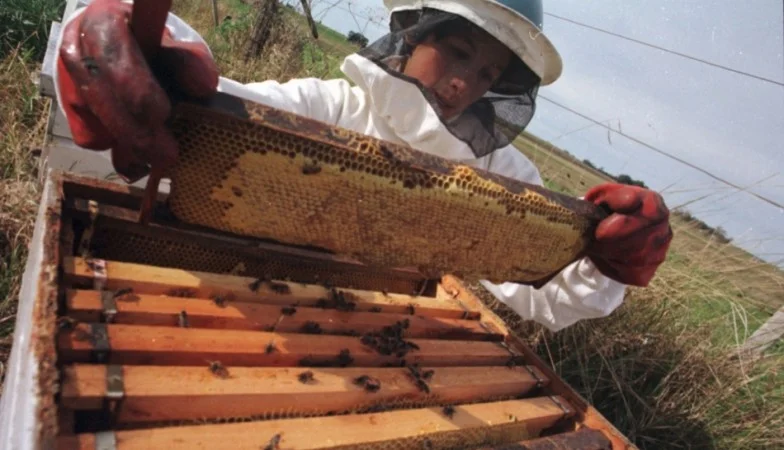
In Uruguay there are about 2,600 honey producers.
supplemental income
Rodríguez explained that in In the vast majority of cases, beekeepers are small producers who have some other income, with which they are getting ahead.. Many produce in other areas, such as on the farm, but there are also those who have jobs in factories, offices, banks and other companies in the private sector, but there are also public jobs. “Most continue with beekeeping because it is a very nice complementary activity, that there are years in which it pays off and they also like it, they are passionate about what they do,” he explained.
This harvest that has been ending, defined as “terrible” by the president of the beekeepers, is falling behind and giving way to revenge. But for the next harvest, it is essential that the bee populations spend the winter in the best possible waywith the least possible mortality and in the management there are beekeepers who have to face another obstacle: invest in the purchase of food, syrup, sugar and protein.
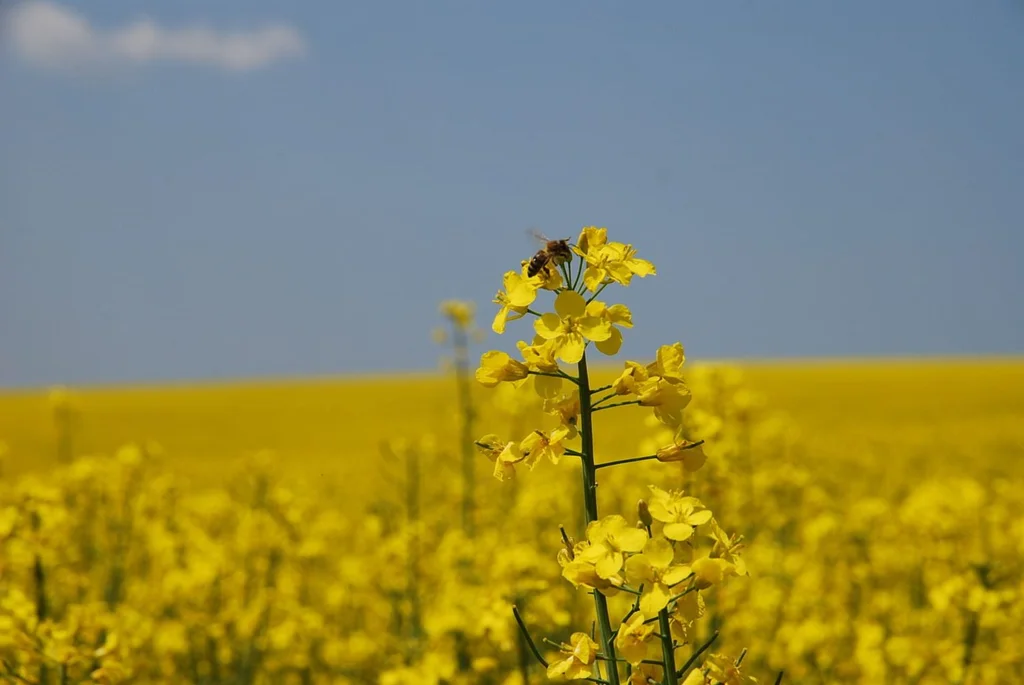
piqsels
Bee in rapeseed crop.
Like everyone, they need rain
On the other hand, he said, “we are concerned that We have come from three years in which, in general, there were fewer kilos than ideal because the drought affects us, like everyone else, we need rain to arrive well prepared for next springthat there is a good availability of food for the bees”.
All this is added, he said, to an already adverse scenario since field production in Uruguay has been reshaped and the options for bees to feed properly have been limited, he said.
In any case, even in complicated harvests like the one that took place in 2022/23, “the quality of the honey is good, suddenly with slightly more colored honey, which is not the best, and sometimes there are problems with some glyphosate residue, but these are things that we know happen and we have to put up with them.”
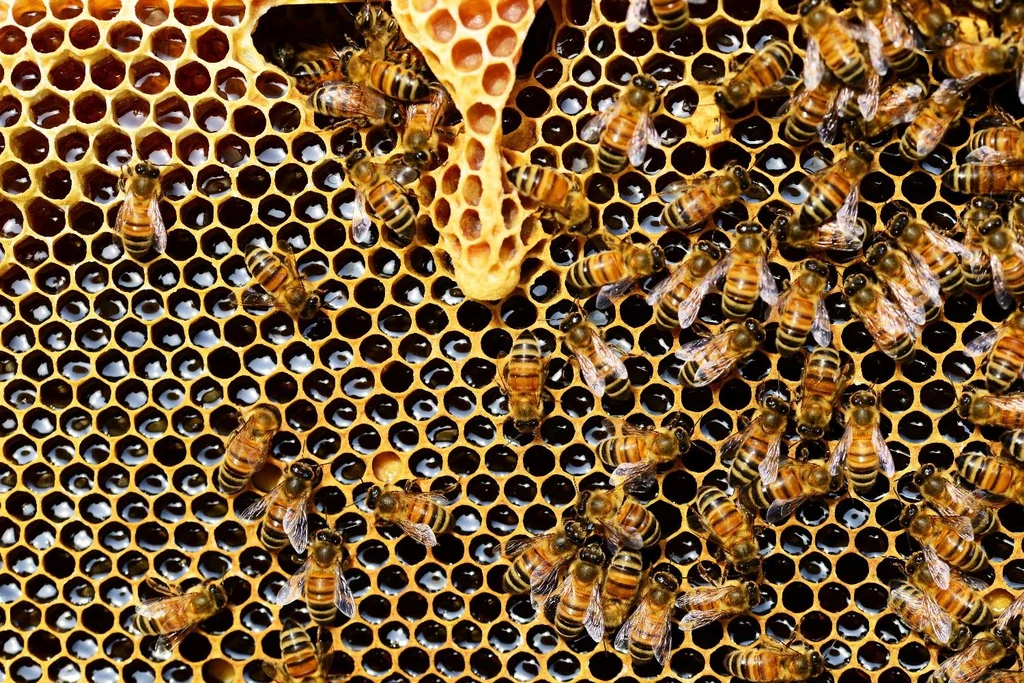
piqsels
In winter you have to resort to special food.
